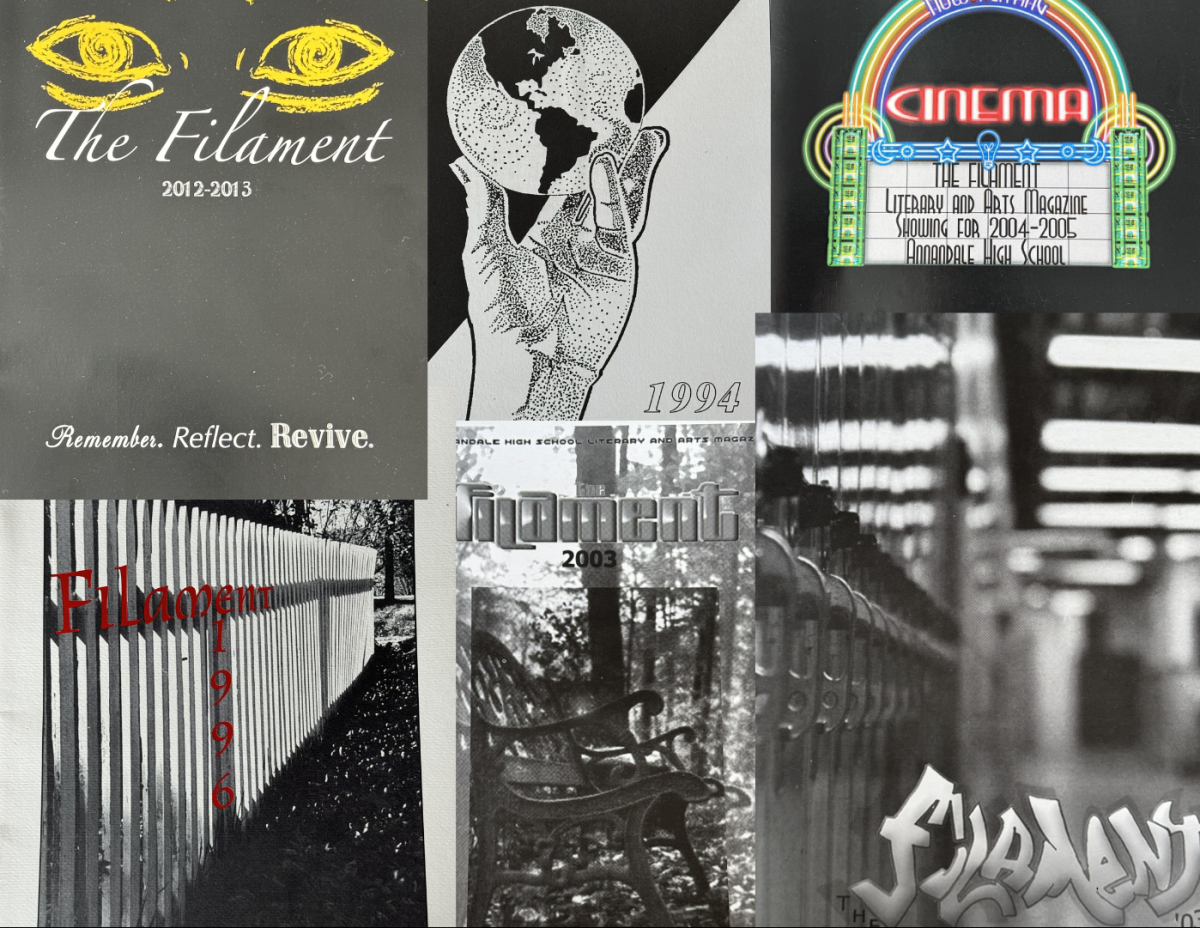
Green living, sustainability, global responsibility— the movement for environmentally-conscious living has many names. We strip our forests of trees at a rate which is so high that it is hard to imagine how we will account for the losses. Hundreds of millions of cars emit gasses at a rate which only reminds us of the importance of curbing our dependence on the automobile.
How have we gotten to this moment in which the nations which divide this earth have increased their carbon dioxide emissions rates at such high rates? For example, the United States produced over six billion tons of carbon dioxide alone in the year 2007 according to figures published by the United Nations.
The reason is simple. We, as a global community, consume natural resources in a synthesized system that was not built to satisfy the demands of over seven billion people. It is for that reason that although, according to NewStatesman, we produce enough food to feed all seven billion of us who populate this planet, we do not have the means to share our resources. While there are certainly non-governmental organizations (NGOs) and other private organizations which have sought to rectify this issue, it requires the unadulterated efforts of large governments and corporations which currently influence the distribution of our world’s resources.
Unfortunately, it is not as if we do not have the technology to lessen the force of our environmental impact on Earth. Instead, our unsustainable living patterns are often a result of misinformation. For example, many consumers purchase hybrid cars without the knowledge that process to replace the lithium batteries which help reduce their cars’ reliance on gasoline requires the placement of harmful chemicals into landfills. While there exists efforts to better inform our public about our consumption, many consumers fall victim to believing they are helping the environment when they are actually adding to its degradation.
“People need to be informed about the limited nature of our natural resources,” senior Sherief Beshara said. “Legislators and citizens alike need to allocate our resources in a responsible way that considers our future.” Beshara does not doubt that most Americans do not aim to harm the environment by way of their lifestyles, but they continue to do so without showing a true interest.
According to the Wall Street Journal, the world’s top two largest consumers of energy are China and the United States. Last June, the leaders of our world’s top twenty economies, including Barack Obama and Hu Jinato of the United States and China, respectively, failed to produce a plan to curb the voracious consumption of coal and other natural resources which are used to produce electricity.
Fortunately, not all nations have followed the lead of the pernicious habits of nations such as the U.S. and China.
“Many countries think about the future when using their resources. We need to do that as well,” Beshara said.
Japan, another member of the G20, has led discussions in attempting to reduce the release of greenhouse gases by 25 percent by 2020. But until all of the world’s major economies agree to such a radical change in their production patterns, those nations which attempt to adhere to such standards will be at a disadvantage to those that do not.
But most importantly, we have yet to infuse into our mentality a true concern for the environment. For example, some might find it surprising that the production of beef requires 16 times the amount of energy it creates when consumed.
“We often think of what we need in a sense that ignores how we can use what we have to satisfy our needs,” Beshara said.
We have constructed a world which thrives on the consumption of resources that upgrade our lifestyles while degrading our environment. This issue will be paramount to the continued success of our global community. But just like any other successful global initiative of the past, the best manner in which to implementing change will be by reframing our dialogue.
“We have gotten to a point where sustainability is not a part of our vocabulary,” Beshara said. “We need to learn how to use what we have, instead of continuing to create things as if we have nothing left to use.”







